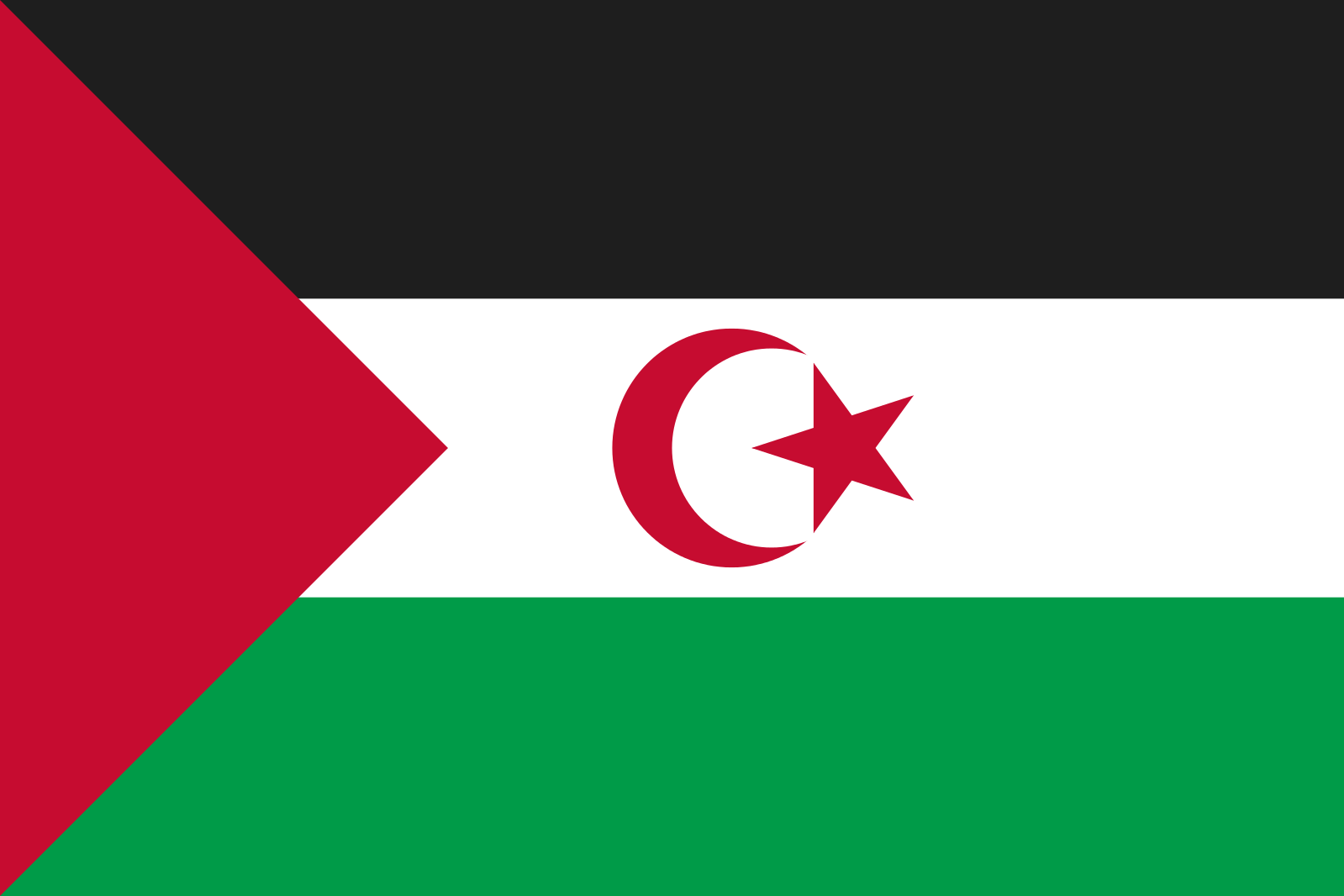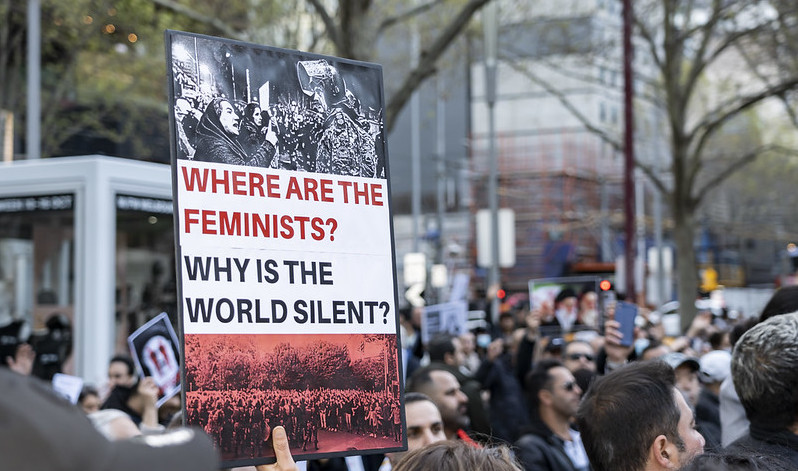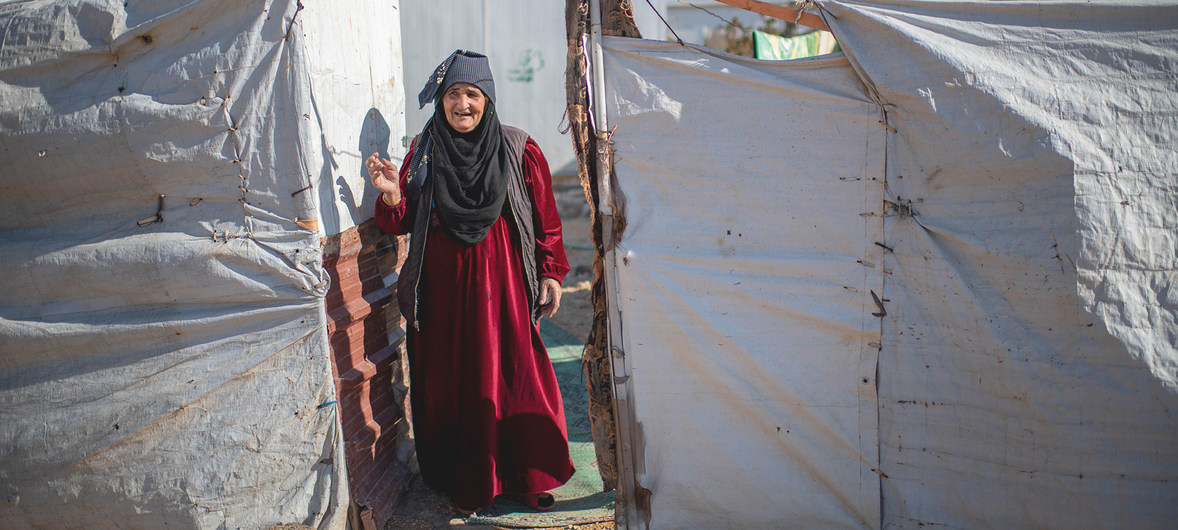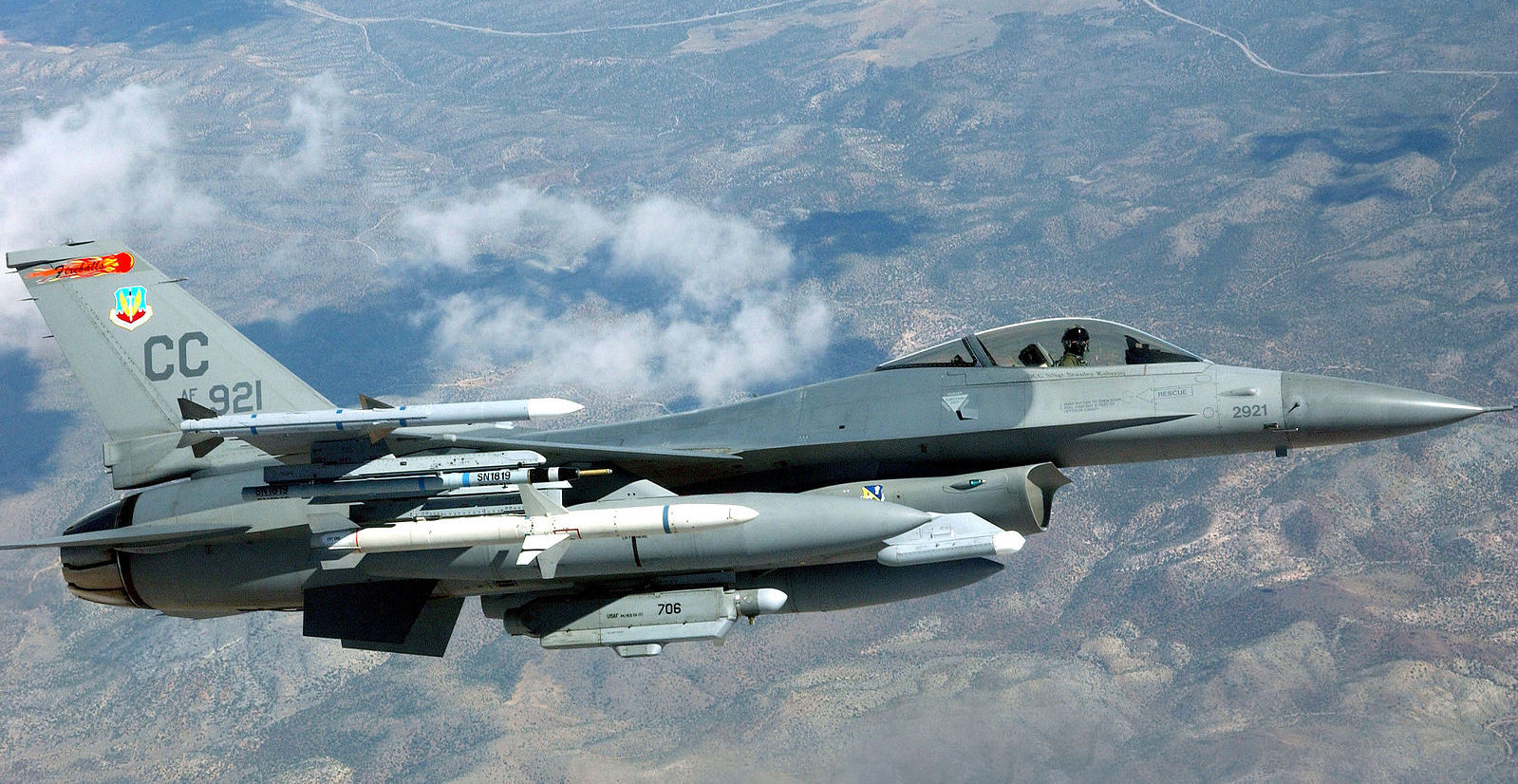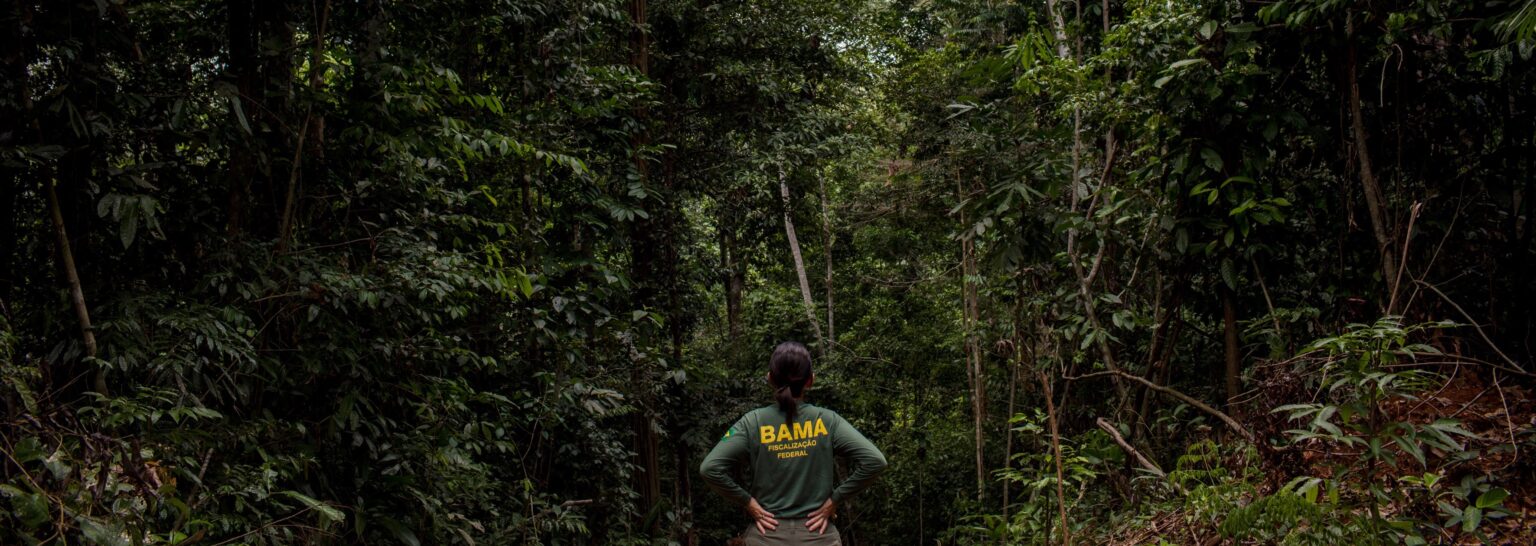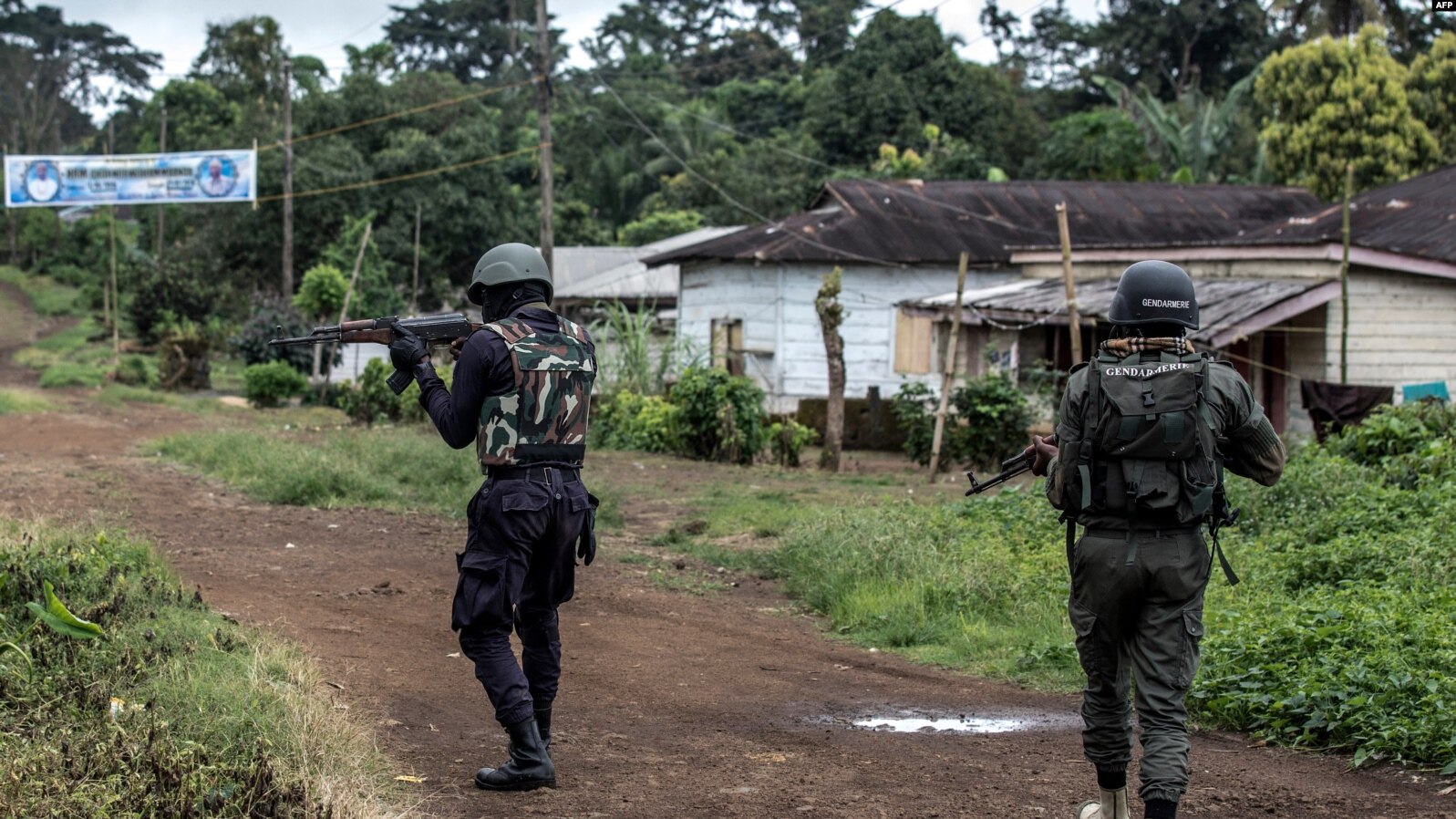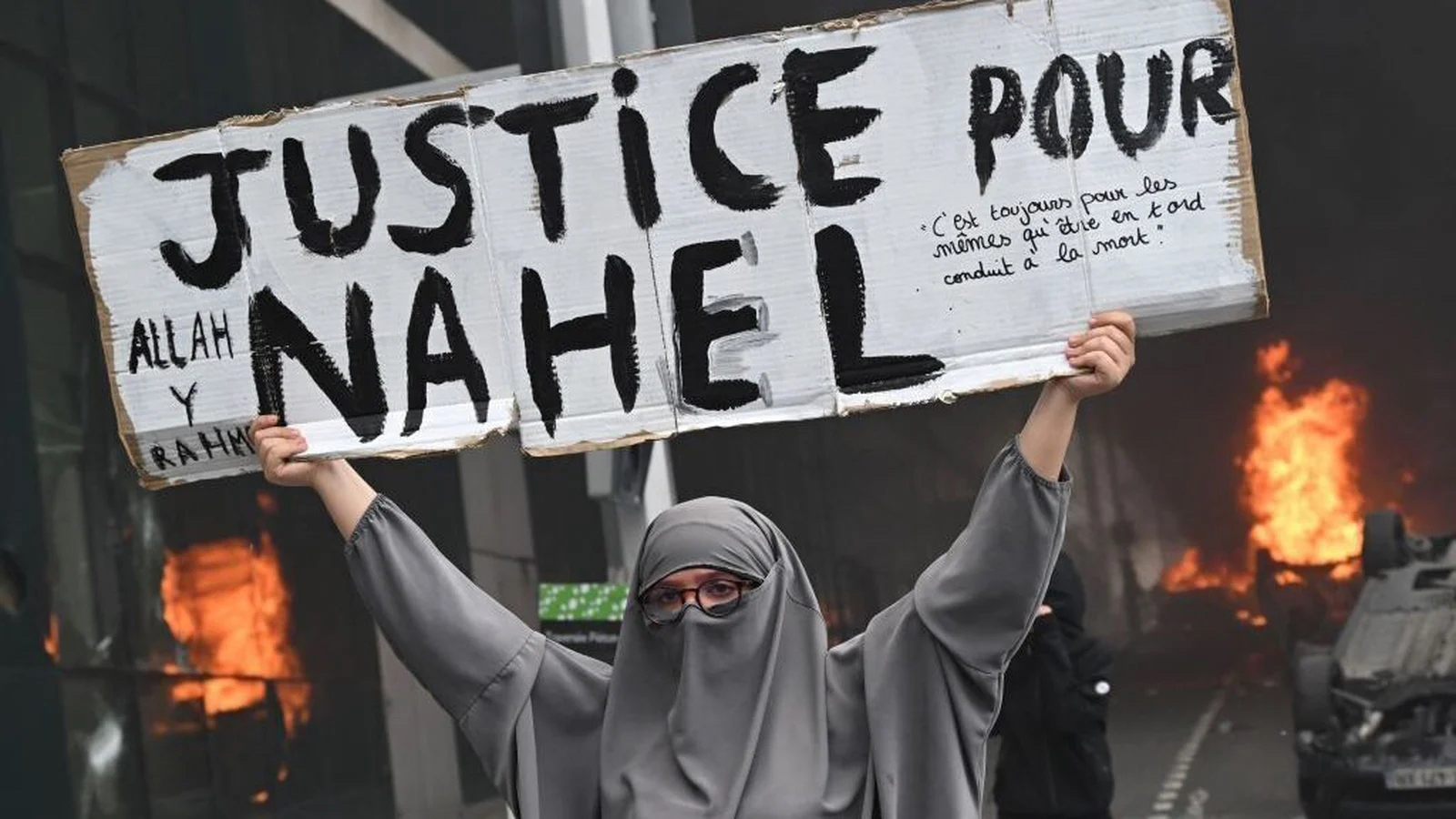
Cover-up of police killings seen in Kenya unrest
A Kenyan police official told the Associated Press that police received a warning against reporting deaths that have occurred during protests over the high cost of living under the government of President William Ruto. Although it was unclear who issued the direct order, it came after opposition leader Raila Odinga called for three days of protests. Since Ruto’s election last year, Kenya has witnessed tax increases and a steep rise in petrol prices. The demonstrations, and the brutal response from the state, have seen at least 30 people killed since March, according to Amnesty International. The UN says 5.4 million people need urgent food aid in Kenya following five consecutive seasons of drought. (Photo: OHCR)




